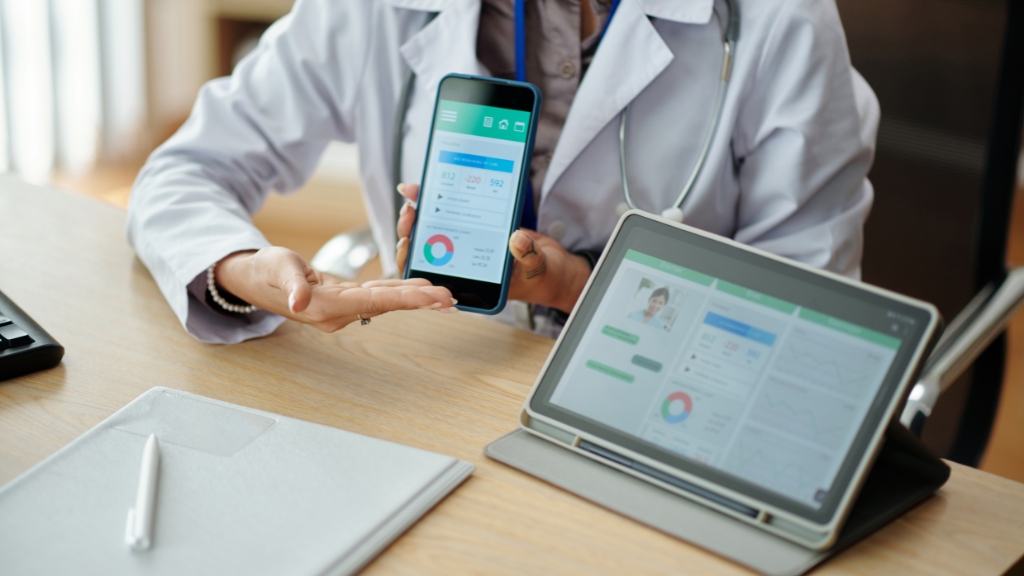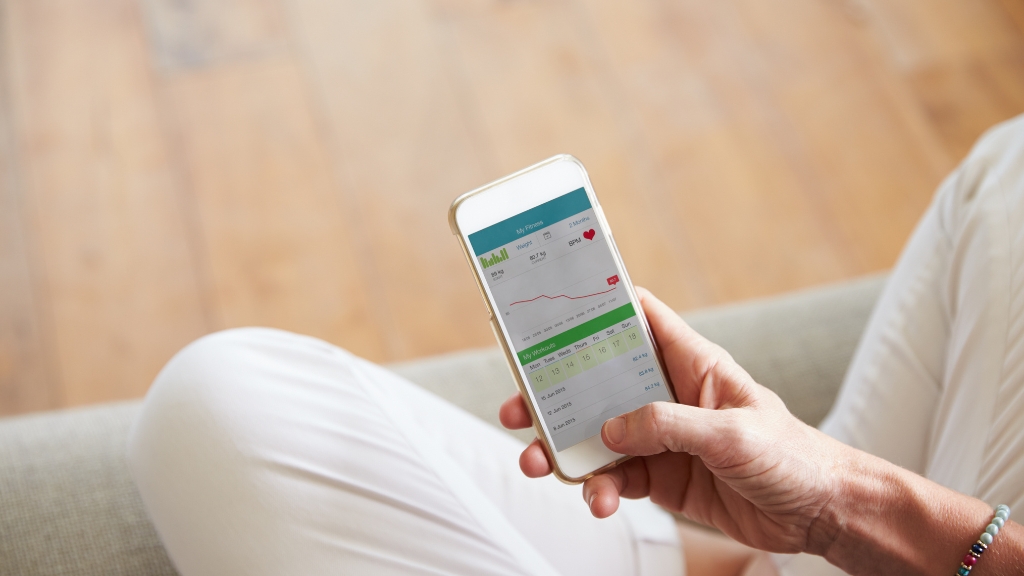
Healthcare in Your Hand: The Evolution of Mobile Apps
The advent of mobile technology has transformed various aspects of our daily lives, and healthcare is no exception. Mobile healthcare apps, once simple tools for tracking steps or managing diet, have evolved into sophisticated platforms that provide a range of medical services at the touch of a button. This article explores the evolution of mobile healthcare apps, highlighting their impact on patient care and accessibility.
Early Beginnings
The earliest healthcare apps were rudimentary, primarily focused on fitness and wellness. Apps like MyFitnessPal and RunKeeper enabled users to log their diet and exercise routines. These applications laid the groundwork for integrating technology into personal health management, but their scope was limited to basic self-monitoring.
The Rise of Telemedicine
A significant leap in mobile healthcare came with the rise of telemedicine. Apps such as Teladoc and Doctor on Demand allowed patients to consult with healthcare professionals via video calls. This development was particularly crucial for individuals in remote areas or those with mobility issues, offering a convenient alternative to traditional doctor visits.
Advanced Health Monitoring
Modern healthcare apps have progressed to offer comprehensive health monitoring. Devices like smartwatches and fitness trackers sync with mobile apps to provide real-time data on heart rate, sleep patterns, and even blood oxygen levels. Apps such as Apple Health and Fitbit have become integral tools for individuals managing chronic conditions like diabetes and hypertension.
Personalized Healthcare
The integration of artificial intelligence (AI) and machine learning (ML) into mobile healthcare apps has enabled personalized healthcare. Apps can now analyze user data to provide tailored health advice and reminders. For instance, AI-driven apps like Ada and Your.MD use symptom checkers to suggest possible conditions and recommend appropriate actions, making healthcare more proactive and personalized.
Mental Health Support
Mo
Future Prospects
The
As mobile healthcare apps continue to evolve, they promise to make healthcare more accessible, personalized, and efficient. From early fitness trackers to AI-driven personalized health assistants, these apps have significantly impacted how we manage our health, offering a glimpse into the future of healthcare in our hands.
Leave a Reply
- AI in Diagnostics: Revolutionizing Early Detection and Accuracy
- How AI and Advanced Analytics Are Transforming Healthcare Outcomes
- Investing with Confidence: The Role of ROI Calculators
- How ROI Calculators Drive Data-Driven Business Strategies
- The Ultimate Guide to ROI Calculators for Business Success
- Making Sense of ROI Calculators: A Comprehensive Guide
- June 2025 (1)
- May 2025 (1)
- October 2024 (2)
- September 2024 (31)
- August 2024 (31)
- July 2024 (27)
- June 2024 (28)
- May 2024 (30)
- April 2024 (33)
- March 2024 (23)
- February 2024 (29)
- January 2024 (3)
- December 2023 (47)
- November 2023 (36)
- October 2023 (23)
- September 2023 (2)
- June 2023 (2)
- May 2023 (13)
- April 2023 (1)




